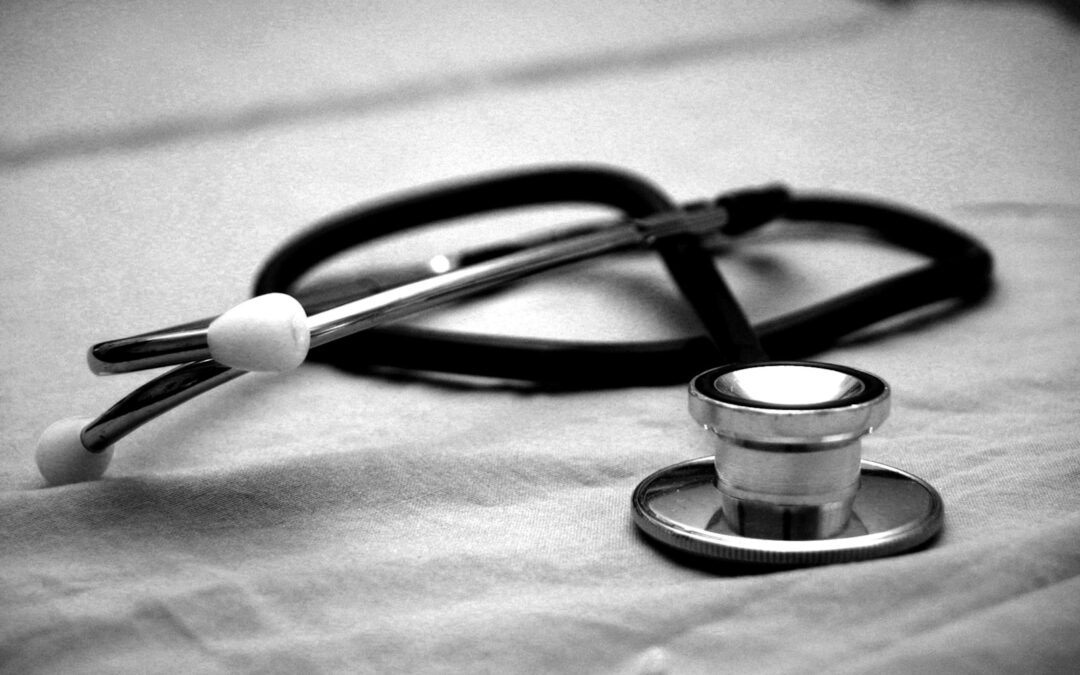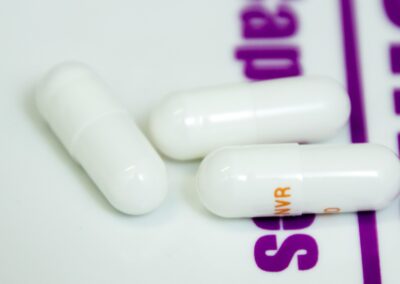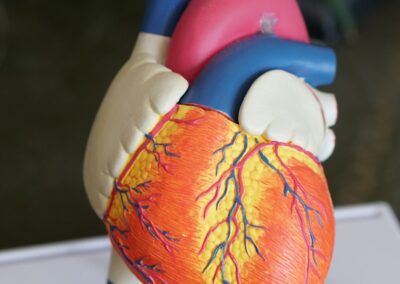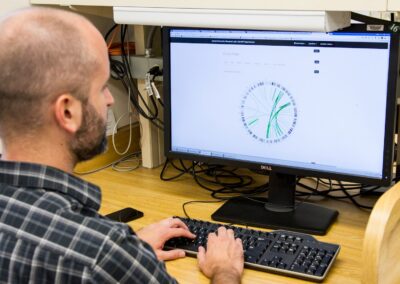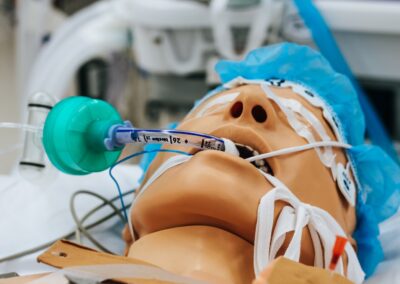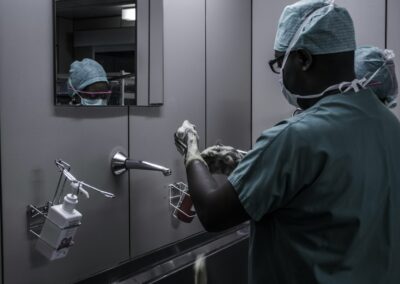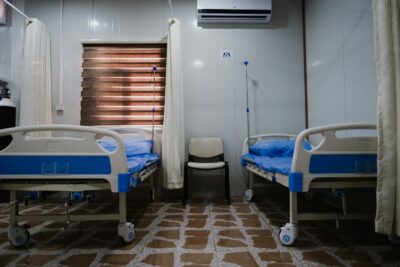Revolutionizing Healthcare with Digital Twin Technology
The Role of Digital Twins in Personalized Medicine
The integration of digital twins in personalized medicine marks a significant breakthrough in preventive healthcare, offering a transformative approach to managing individual health. Digital twins are virtual replicas of physical entities, including human bodies, created through advanced data modeling and simulations. In personalized medicine, these digital twins enable healthcare providers to tailor preventive measures and treatments to the unique needs of each patient. By analyzing real-time data from a digital twin, clinicians can predict health outcomes, customize interventions, and optimize preventive strategies more effectively.
In Saudi Arabia and the UAE, where healthcare innovation is a priority, the application of digital twins is poised to revolutionize medical practices. For example, in Riyadh, the use of digital twins can enhance preventive healthcare by providing precise simulations of individual health scenarios. This allows for early detection of potential health issues and the development of personalized prevention plans. Similarly, Dubai’s advanced healthcare facilities can leverage digital twins to offer customized wellness programs that address specific health risks and promote healthier lifestyles among residents.
The use of digital twins in personalized medicine not only improves the accuracy of health predictions but also enhances patient engagement. Patients can actively participate in their healthcare journey by accessing their digital twin’s simulations and understanding how lifestyle changes impact their health. This increased involvement fosters a proactive approach to health management and encourages adherence to preventive measures.
Benefits of Digital Twins for Preventive Healthcare
The application of digital twins offers several notable benefits for preventive healthcare, transforming how healthcare providers approach patient care. One of the primary advantages is the ability to conduct comprehensive risk assessments. Digital twins enable clinicians to analyze various health parameters, genetic factors, and environmental influences to identify potential risks before they manifest as serious conditions. This proactive approach facilitates early intervention and reduces the likelihood of developing chronic diseases.
In addition to risk assessment, digital twins enhance the personalization of preventive measures. Traditional healthcare models often use generalized guidelines that may not account for individual variations. Digital twins, however, provide a detailed understanding of a patient’s unique health profile, allowing for the creation of personalized prevention plans. For instance, in the UAE’s progressive healthcare landscape, digital twins can be employed to develop targeted dietary recommendations and exercise regimens based on an individual’s specific health needs and genetic predispositions.
Furthermore, digital twins contribute to the optimization of healthcare resources. By simulating various preventive scenarios, healthcare providers can evaluate the effectiveness of different interventions and allocate resources more efficiently. This is particularly valuable in high-demand settings, such as those found in Saudi Arabia and the UAE, where optimizing healthcare delivery is crucial for managing growing populations and complex health needs.
The Future of Digital Twins in Preventive Healthcare
The future of digital twins in personalized medicine is promising, with ongoing advancements poised to further enhance preventive healthcare. As technology evolves, digital twins are expected to become even more sophisticated, incorporating a wider range of data sources and providing deeper insights into individual health. This evolution will enable healthcare providers to refine their preventive strategies and deliver more precise and effective care.
In Saudi Arabia and the UAE, the continued investment in digital twin technology will drive innovation in preventive healthcare. Emerging trends include the integration of digital twins with other advanced technologies, such as artificial intelligence and blockchain, to enhance data security, predictive accuracy, and patient engagement. These integrations will create a more interconnected and efficient healthcare ecosystem, supporting the delivery of personalized and preventive care on a broader scale.
Additionally, the expansion of digital twin applications into new areas of healthcare will likely lead to further advancements. For example, personalized medicine may increasingly incorporate digital twins for monitoring and managing chronic conditions, improving patient outcomes, and reducing healthcare costs. As digital twins become a standard tool in preventive healthcare, they will play a critical role in shaping the future of medicine and enhancing the overall health and well-being of individuals across Saudi Arabia, the UAE, and beyond.
Conclusion
The application of digital twins in personalized medicine represents a groundbreaking advancement in preventive healthcare, offering numerous benefits such as enhanced risk assessment, personalized prevention plans, and optimized resource allocation. For business executives and healthcare professionals in Saudi Arabia and the UAE, embracing digital twin technology will be crucial for advancing personalized medicine and improving preventive healthcare measures. As technology continues to evolve, digital twins will play an increasingly important role in shaping the future of healthcare, driving innovation, and delivering more effective and personalized care.
—
#DigitalTwinsPersonalizedMedicine #PreventiveHealthcare #PersonalizedMedicineTechnology #HealthcareInnovation #SaudiArabiaHealthcare #UAEMedicalTechnology #RiyadhHealthInnovation #DubaiDigitalTwins #ModernMedicineTechnology #HealthTechAdvancements

